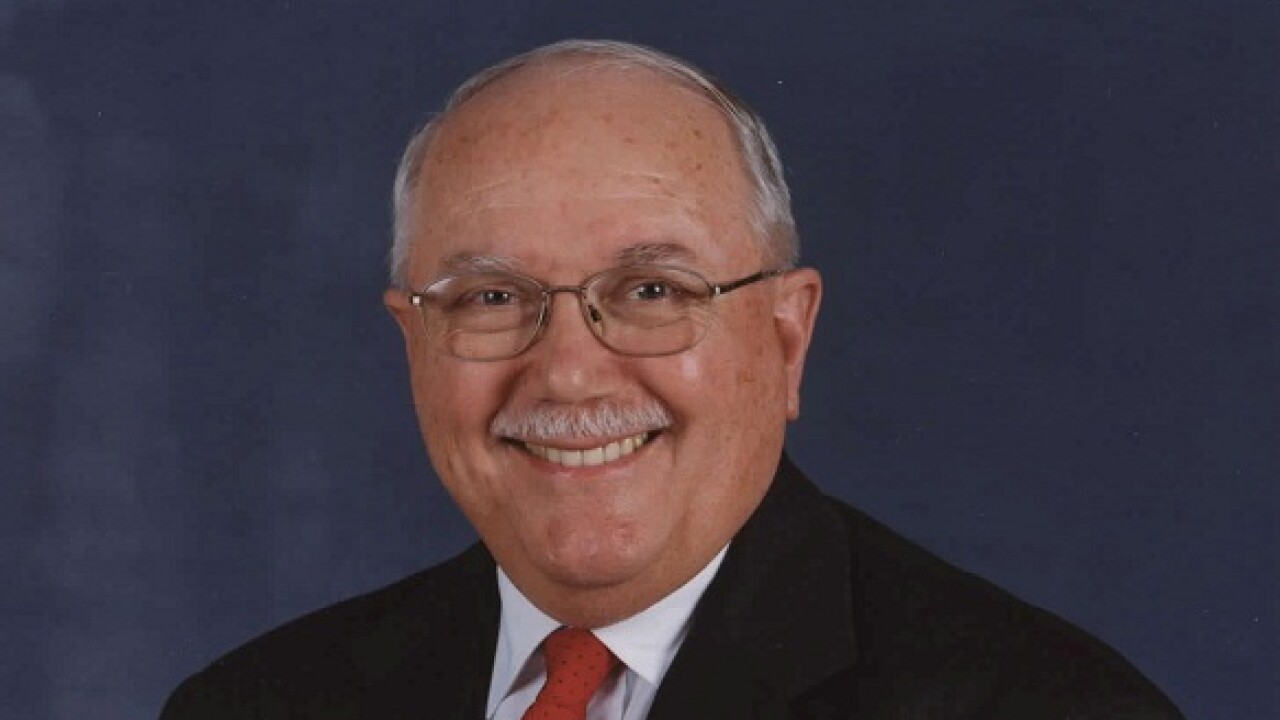Two members of the House Financial Services Committee have introduced a bill that would establish a new Federal Accounting Oversight Board and probably loosen mark-to-market accounting standards.
Ed Perlmutter, D-Col., and Frank Lucas, R-Okla., introduced H.R. 1349, which would create a new Federal Accounting Oversight Board to oversee the application of generally accepted accounting principles to the financial markets. The board would include the Treasury Secretary and the chairmen of the Federal Reserve, the Securities and Exchange Commission, the Federal Deposit Insurance Corp., and the Public Company Accounting Oversight Board. Currently only the SEC plays a role in how GAAP applies to financial markets, the congressmen pointed out. The board would approve the standards set by the independent Financial Accounting Standards Board.
“As we work to stabilize financial markets and rebuild the economy, we must look closely at the regulatory structure to see what is helping and what is making things worse,” said Perlmutter (pictured).
The bill creates a framework to review the application of current and future GAAP. Regulators would have discretion in applying accounting standards to take into consideration different types of assets and different types of market conditions. The bill instructs the FAOB to look beyond current accounting standards and balance sheets to consider broad national and international financial markets and economic conditions when applying GAAP.
The legislation does not change GAAP, the congressmen noted, but it would create an environment in which FASB will have the “tools and flexibility it needs to adjust GAAP for future economic conditions. The legislation provides for discretion in the regulatory community to consider the overall condition of the financial markets in applying GAAP, so the principles are not applied in a way that exaggerates or multiplies cycles in the markets.”
The legislation includes a provision to examine the impact of mark-to-market accounting, which has been blamed by banking interests and some members of Congress for exacerbating the financial crisis. The Securities and Exchange Commission recently completed a study of mark-to-market and fair value accounting and recommended making some modifications in the standards, but not abandoning the general principles.
However, mark-to-market will be the subject of a Capital Markets, Insurance, and Government Sponsored Enterprises Subcommittee hearing in the House Financial Services Committee on Thurs., March 12. The Perlmutter-Lucas legislation will be a topic of discussion at the hearing.
FASB had a cautious reaction to the bill. “We haven’t reviewed the legislation thoroughly,” said FASB spokesperson Christine Klimek. “We’re declining comment until we’ve had a chance to thoroughly review it.” She said that FASB plans to participate in the congressional hearing.
The American Bankers Association, which has been pressing the SEC and Congress to relax mark-to-market accounting rules and asking for a board to oversee FASB, welcomed the bill (see





